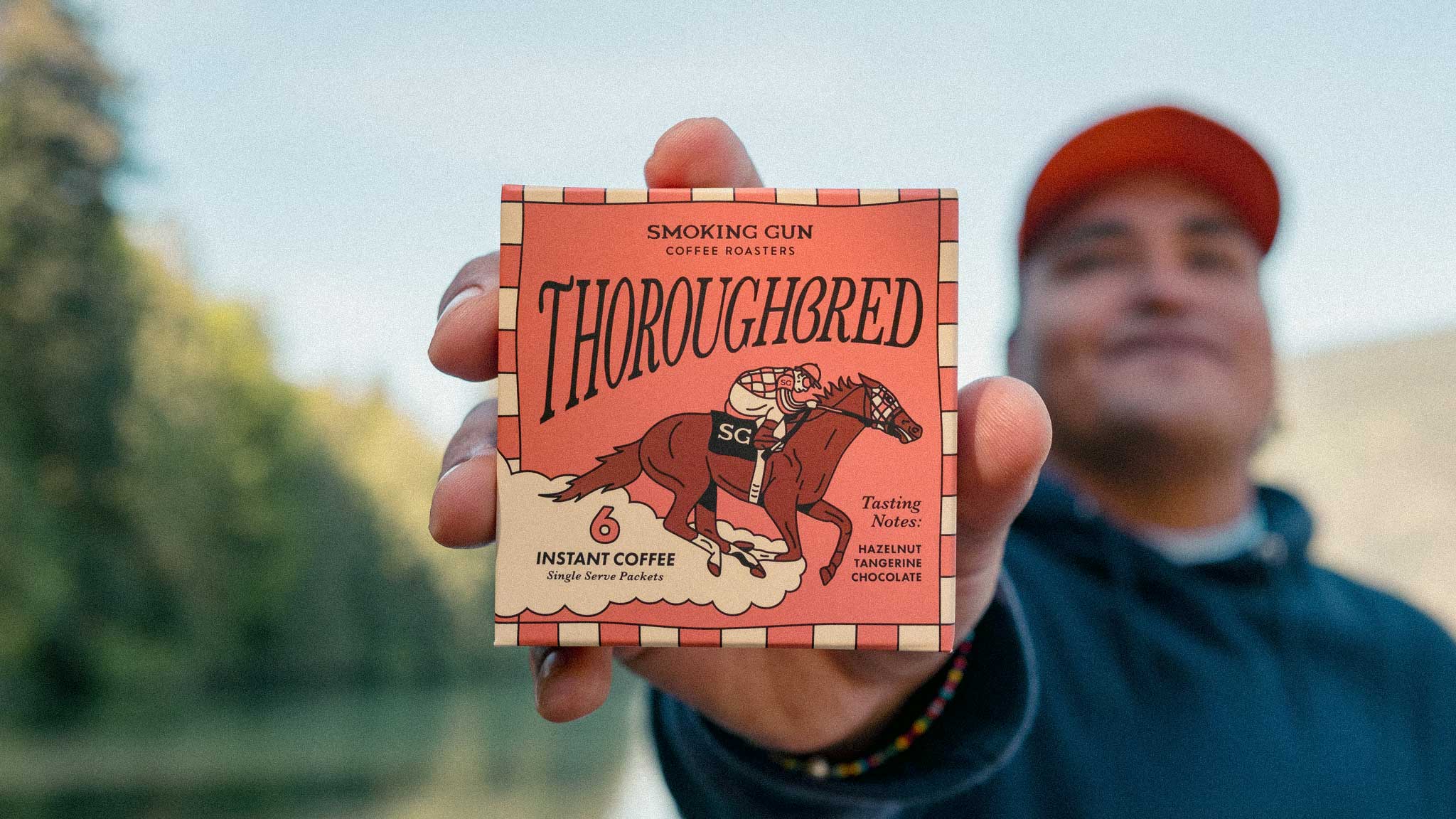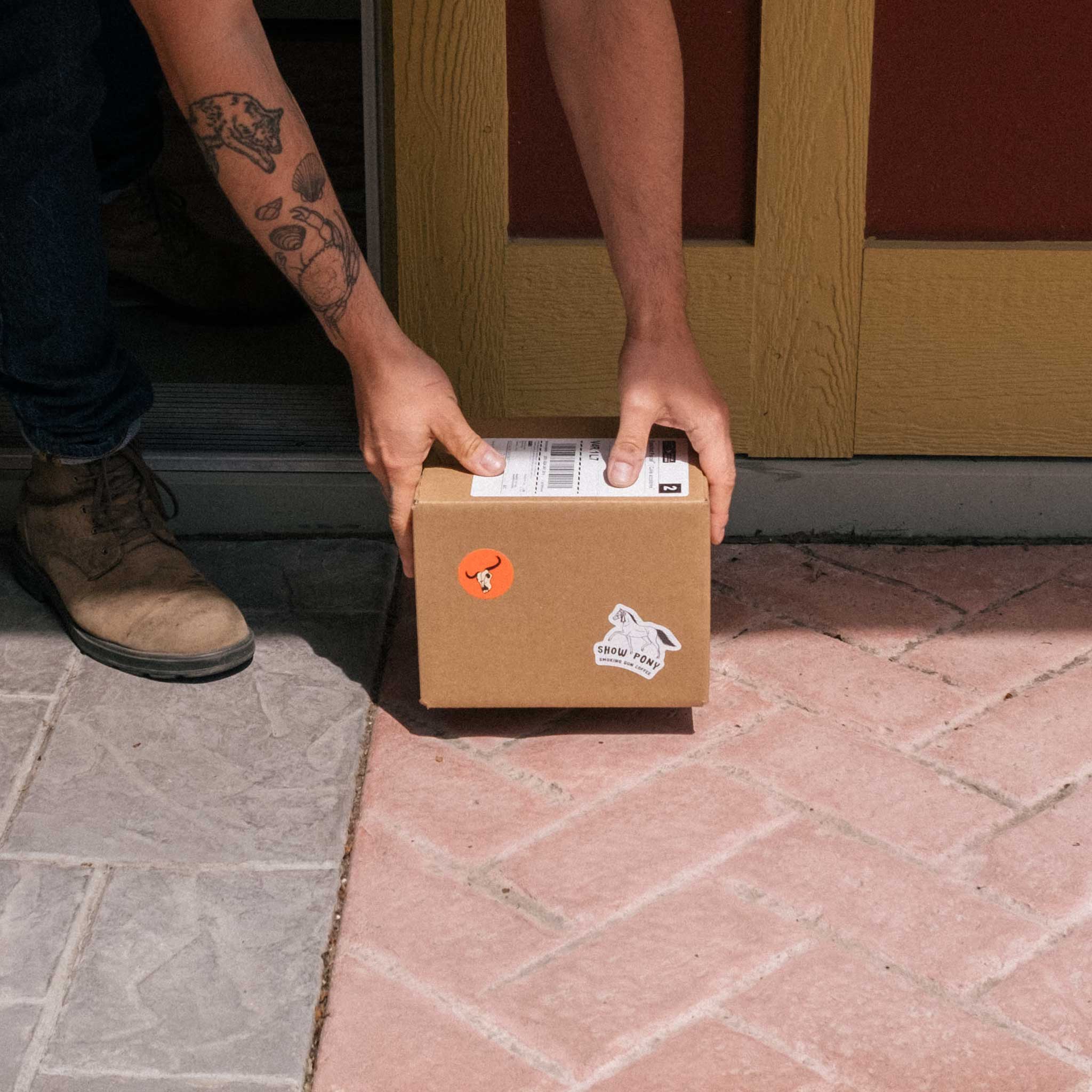
The Gospel of Brew According to SG - Chapter 1
Happy New Year y'all!
Let's kick off 2021 with one of the biggest questions in coffee - "How do you brew the best cup?"
I call this post "gospel" facetiously - there are books, blogs, classes, and seminars dedicated to this, and experts MUCH more experienced than I who have spent years in labs testing theory and developing best practices... my intention is to provide some BASIC touch points to start you down the rabbit-hole of coffee based on my experience. I'd love to hear from you regarding your own brewology!
Chapter 1 - a starting point
I've brewed bad cups of "good coffee" (fresh, reputable roaster, etc.) and good cups of "mediocre coffee" (i.e.. undated from the grocery store) using many different brew methods (drip, pour over, press, etc.), and have found a few guiding principles that seem to improve cup quality across the board. This is a very simplified list (like I suggested, brewing coffee is an incredibly complex, dynamic, and involved scientific process!)
1) CLEANLINESS - make sure your equipment is clean and CLEANED often. It is very easy to ruin a cup cup of coffee with dirty equipment. Soak your pots/carafes with gentle cleaner; wipe out old oils/residue; don't forget to clean your filters/brew baskets; ensure your grinder is fully purged (no left over grounds); wipe out the hopper... treat your brew gear like lab equipment!
2) WATER - H2O makes up most of your cup... like 98% of it!!! More on this later, but considering this, ensure you are using good water. Basic filtration is usually enough where we live, but is is fun to experiment with bottled water. Test and see if you notice a difference. I advise against filling up your brewer and leaving the water in there for prolonged periods of time. Best to fill, brew, empty, then start fresh.
3) TEMP - the extraction of soluble components of coffee are influenced by the temperature of water. If you are using a kettle boil water for your pour over methods, it is likely that the water is too hot, causing some extracted bitterness. I suggest using a variable temperature kettle to control this risk, or allowing the water to sit 20-30s after rolling boil before pouring it in. If you are using an auto-dripper, the water temp is most likely pre-set. If equipped, I do suggest turning down/off the warmer for the pot - they often overheat the brewed coffee and usually burn the bottom. Best to brew and drink on demand, rather than letting a pot sit for hours.
4) GRIND - perhaps the MOST important step in a good cup is the grind. Think about it this way - we are trying to extract soluble as evenly as possible: if you take a fine (tiny spec of coffee) and boulder (big chunk) and soak them in water for the same amount of time, they will extract differently because of surface area, resulting in an inconsistent/unfavorable brew outcome. As the price of grinders go up, so does the uniformity of the grind size (generally speaking). Look for burr grinders, which "grind" more than "slice" (ie. the cheaper blade grinders). You are going to be hard pressed to find a decent burr grinder for less than $100-200. If this is out of budget, ask your local coffee shop/roaster to grind it for you*.
*If possible, grind fresh. The hard structure of the coffee seed protects it from oxidation, keeping it fresher for longer. Your coffee will be much more dynamic if ground fresh just prior to brewing.
5) COFFEE - the above principles apply regardless of whether you are using free coffee from a hotel room or buying direct from a roaster. However, when only 1-2% of your cup is actually dissolved coffee soluble, using a freshly roasted coffee from the incredibly rich and diverse selection of roasters will take your cup to the next level. Coffee can be TOO fresh, though (more on degassing later). We suggest using coffee's 1-4 weeks post roast, however our bags do retain freshness up to 8 months+. I've personally drank coffees 3-4 months old which were delightful (and arguably cupped better than when they were 1 week old)! The key is storage - once the sealed, valved bag is opened, it does nothing to retain freshness and is essentially useless. Keep your coffee in an airtight container in a cool, dry place out of the sun. Avoid the fridge - coffee absorbs moisture/odor like baking soda. Try to buy what you can consume within a month at most.
Again, this isn't law or infallible doctrine - just a spring board for your at home coffee game. I'd love to hear your opinions!




